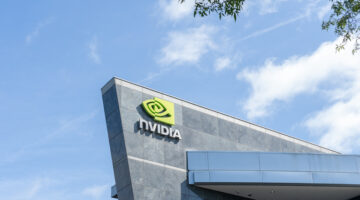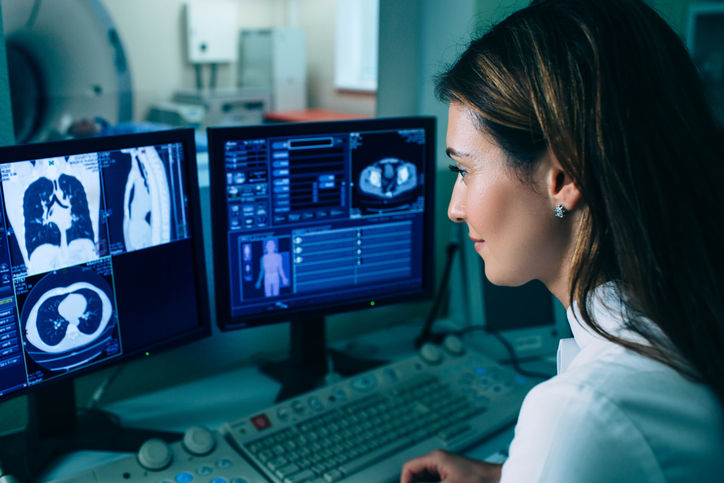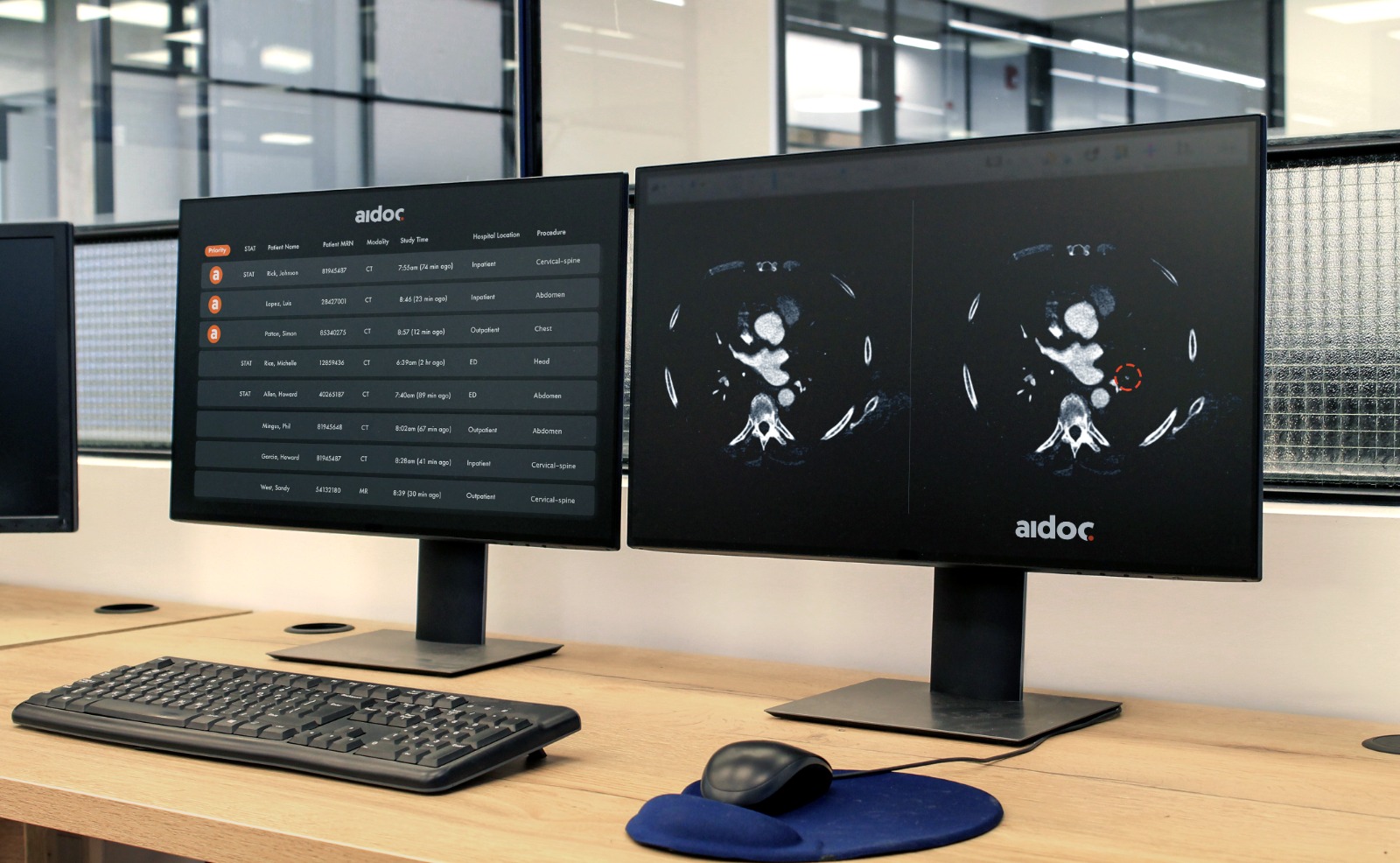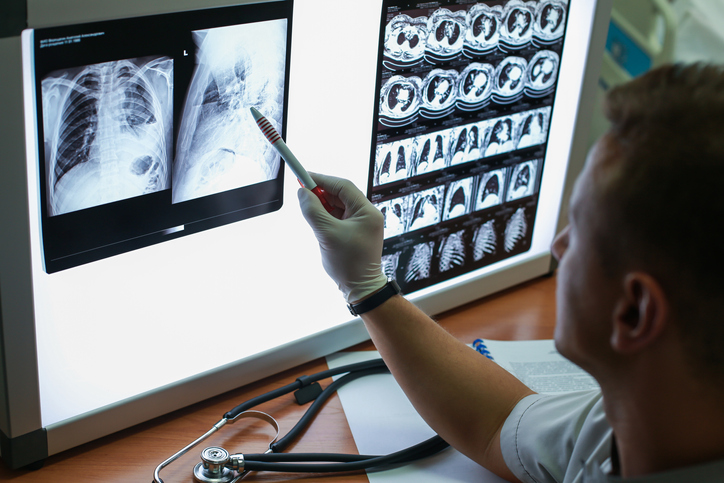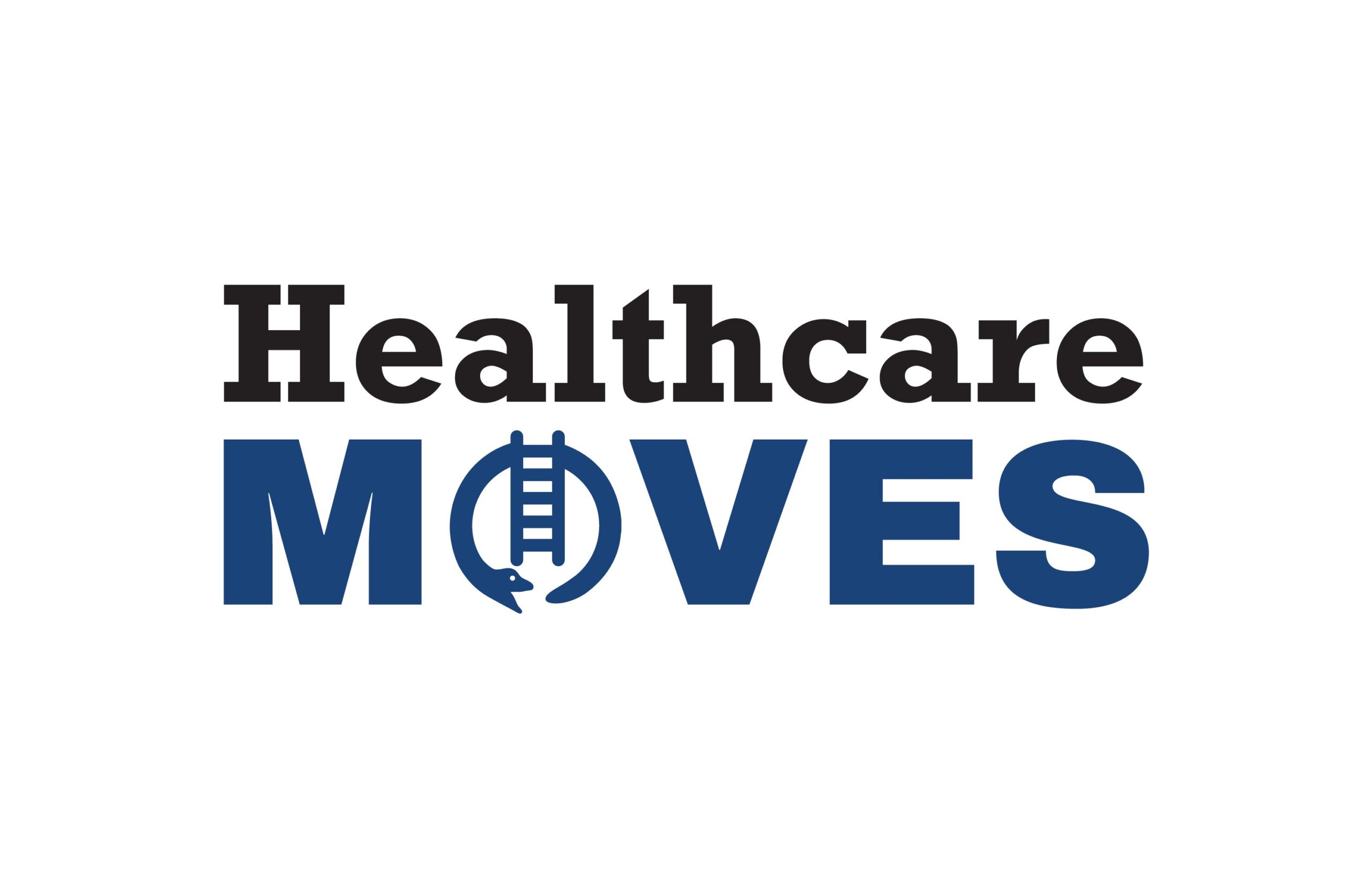
Healthcare Moves: A Monthly Summary of Hires, Exits and Layoffs
January has seen a slew of executive hires, promotions and layoffs across the healthcare industry. For instance, Aidoc, Suki and Particle Health named new executives. There were also layoffs at organizations including Takeda, Trinity Health and Horizon BCBS New Jersey.



